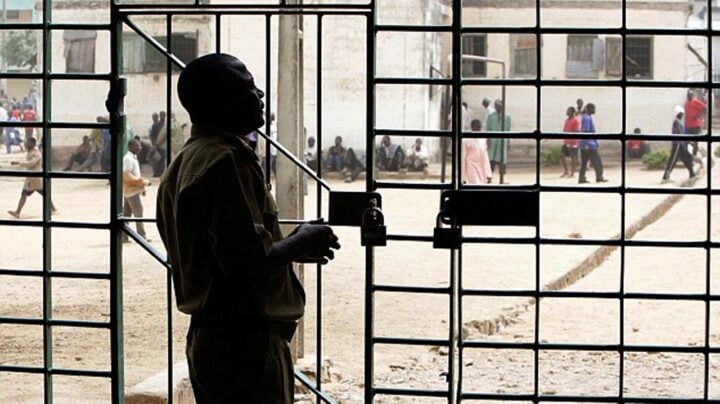RBI Flags Crisis in Microfinance: Vicious Cycle of Debt, High Interest, Harsh Recoveries Continue
In a strong critique of persistent problems in India’s microfinance sector, M Rajeshwar Rao, deputy governor of Reserve Bank of India (RBI), says the industry remains trapped in a vicious cycle of over-indebtedness, exorbitant interest rates and coercive recovery practices. Speaking at HSBC’s financial inclusion event in Mumbai last week, Mr Rao called on regulated entities (REs) to introspect and adopt a more humane and developmental approach.
“While microfinance industry (MFIs) played an important role in financial inclusion, the sector continues to suffer from a vicious cycle of over-indebtedness, high interest rates and harsh recovery practices,” Mr Rao warned. In several cases, lenders with access to low-cost funds were still charging excessive margins that 'appear to be unjustified', he added.
The deputy governor pointed to increasing distress and disruption in the sector, driven by rising borrower indebtedness and unethical collection methods that, in some instances, have resulted in 'tragic consequences'.
“Even lenders having access to low-cost funds have been found to be charging margins significantly higher than the rest of the industry,” he says, adding, “The lenders should look beyond the conventional ‘high-yielding business’ tag and approach microfinance with an empathic and developmental perspective.”
Mr Rao also noted that frequent disruptions in the sector threaten to undo the developmental gains made through financial inclusion. He urged microfinance institutions and banks to enhance their credit appraisal processes and take preventive steps against over-leveraging.
“Additionally, they must eschew any coercive or unethical recovery practices,” he emphasised.
Calling for systemic introspection, he says, “While the business model may be sound, the organisational structure and the incentive schemes framed to deliver the services may be flawed, resulting in perverse outcomes for customers.”
The speech comes amid growing scrutiny of microfinance practices in India, particularly in rural and low-income segments where aggressive lending and recovery have led to borrower distress. Despite RBI’s regulatory overhaul in March 2022, including interest rate caps and revised customer protection guidelines, concerns about implementation remain.
Mr Rao says RBI is closely monitoring developments in the sector and is committed to ensuring that microfinance supports rather than exploits the financially excluded. “It is in the collective interest of all stakeholders that such disruptions are pre-emptively addressed and avoided,” he added.
The remarks reflect RBI’s broader strategy to shift financial inclusion efforts from mere access to improved quality and responsible delivery. Mr Rao reiterated that inclusion should be measured not only by account ownership but also by product usage and consumer well-being.
“Financial inclusion without adequate financial literacy would lead to underutilisation of financial services and increased chances of errors and frauds,” he says. RBI, he noted, has mandated standardised key fact statements (KFS) for all retail and MSME loans to improve transparency.
The deputy governor’s speech also addressed wider concerns in the financial ecosystem including mis-selling, digital literacy, and grievance redress. He revealed that customer complaints received by RBI’s Ombudsman offices and grievance centres rose sharply by 33% year-on-year in FY23-24, raising serious questions about lender practices.
“There are reports of mis-selling of financial services such as insurance products. Pushing products indiscriminately to unaware consumers may be detrimental. RBI is currently examining whether it needs to issue fresh guidelines to curb such practices," he says.
In a forward-looking section, Mr Rao highlighted how emerging technologies and frameworks like the account aggregator and unified lending interface (ULI) could address credit gaps, especially by leveraging alternative data such as land records or satellite imagery.
He emphasised that financial inclusion is not an act of charity, but a strategic investment. “Those who remain outside the ambit of formal finance today represent untapped potential that can meaningfully contribute to economic growth in the future,” Mr Rao says.
The deputy governor of RBI urged stakeholders to dismantle long-standing barriers and foster a financial system that is not only inclusive and efficient but also just and sustainable. “With the right mix of well-thought-out regulation, technological advancement, and institutional empathy, our collective efforts can usher in a new era of inclusive and sustainable financial growth—one that leaves no citizen behind.”













